The New Scramble for Africa: PMCs, Foreign Bases, and the African Imperative for Sovereign Security
By David F.K. Mpanga
Lawyer at AF Mpanga

The African continent today finds itself at a crossroads not of its own choosing, but partly of its own making. The growing proliferation of Private Military Companies (PMCs) and foreign military bases across Africa is not merely a symptom of insecurity; it is a mirror reflecting the deeper malaise of institutional fragility, elite complicity, and a failure to imagine African solutions to African problems.
Let us be clear: the security deficits that plague many African states are real. From the Sahel to the Horn, from the Gulf of Guinea to the Great Lakes, terrorism, insurgency, piracy, and transnational crime have exposed the limitations of our national armies, national police forces, security agencies and regional mechanisms. In such a context, the temptation to outsource security to PMCs with slick brochures and foreign powers with strategic interests is understandable. But it is also dangerous.
However, the engagements of certain national forces in conflict zones offer a compelling counter-narrative. These are not mercenaries in camouflage; they are disciplined, state-sanctioned actors operating under clear mandates from the AU or regional organisations such as IGAD, ECOWAS or the EAC, with demonstrable results.
Such interventions, though not without controversy, have brought a measure of stability to regions where international efforts have faltered. Similarly, deployments under regional or bilateral arrangements reflect a growing confidence in locally led security initiatives. These missions are not perfect, but they are principled. They are rooted in Pan-African solidarity and shared responsibility, not subjugation or exploitation for profit.
Contrast this with the shadowy world of PMCs. These entities, often registered in offshore jurisdictions and operating in legal grey zones, are accountable to shareholders, not citizens. Their loyalty is to profit, not principle. In Libya, Sudan, parts of the Sahel, and DRC, PMCs have exacerbated conflicts, undermined peace processes, and committed egregious human rights violations with impunity. Their presence corrodes the legitimacy of state institutions and distorts the incentives for reform. Why invest in a professional army when a cheque can summon foreign guns?
Foreign military bases present a more complex challenge. They are often justified in the name of counter-terrorism, maritime security, or humanitarian assistance. Yet their strategic calculus is rarely African. Djibouti, for instance, hosts military installations from the United States, China, France, and others—each pursuing its own geopolitical agenda.
The risk is not just that African states become pawns in great power rivalries, but that they internalise a logic of dependency. Sovereignty, once ceded, is not easily reclaimed.
The deeper tragedy is that many of these arrangements are not imposed but invited.
Political elites, facing domestic dissent or electoral uncertainty, often view foreign troops or PMCs as guarantors of regime survival. Aid conditionalities, veiled or overt, further incentivise acquiescence. The result is a hollowing out of national security institutions and a moral hazard that perpetuates weakness.
What, then, is to be done?
1. First, we must confront the regulatory vacuum. Most African states lack comprehensive legal frameworks to govern the operations of PMCs or the terms of foreign military basing. Contracts are opaque, oversight is minimal, and enforcement is virtually non-existent. This must change. Parliaments must assert their constitutional role in scrutinising security agreements. Civil society must demand transparency. And regional bodies particularly the African Union must develop binding guidelines and peer review mechanisms to ensure that security partnerships serve African interests, not external agendas.
2. Second, we must invest seriously and sustainably in our own security architectures. The African Standby Force (ASF), long on promise but short on operational readiness, must be revitalised. Its deployment protocols, logistical capacity, and political backing require urgent attention. Beyond the ASF, we need to deepen bilateral and sub-regional cooperation. Intelligence sharing, joint training, and coordinated responses to cross-border threats are not luxuries; they are necessities.
3. Third, we must reframe the narrative. Security is not merely the absence of violence; it is the presence of justice, opportunity, and dignity. A soldier can suppress a riot, but only a functioning state can prevent it. This means addressing the root causes of insecurity ie poverty, exclusion, corruption, and weak governance. It means building institutions that command legitimacy, not fear.
Finally, we must believe in ourselves. Africa is not a void to be filled by foreign interests, but a continent of sovereign states with the right and responsibility to chart their own paths. Recent examples of African-led interventions demonstrate that African solutions are not only possible but preferable. They are grounded in local context, responsive to on-the-ground realities, and accountable to African citizens.
The choice before us is stark. We can continue to rent our sovereignty to the highest bidder, or we can reclaim it through principled leadership, institutional reform, and continental solidarity. The path to self-reliance is neither easy nor quick. But it is the only path that leads to true security and true freedom.
